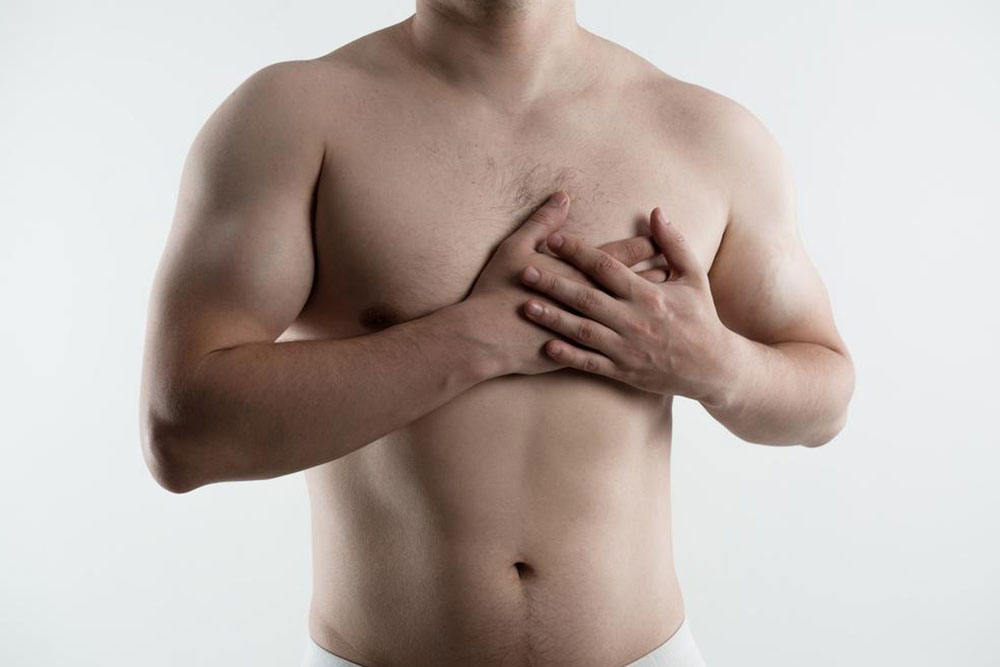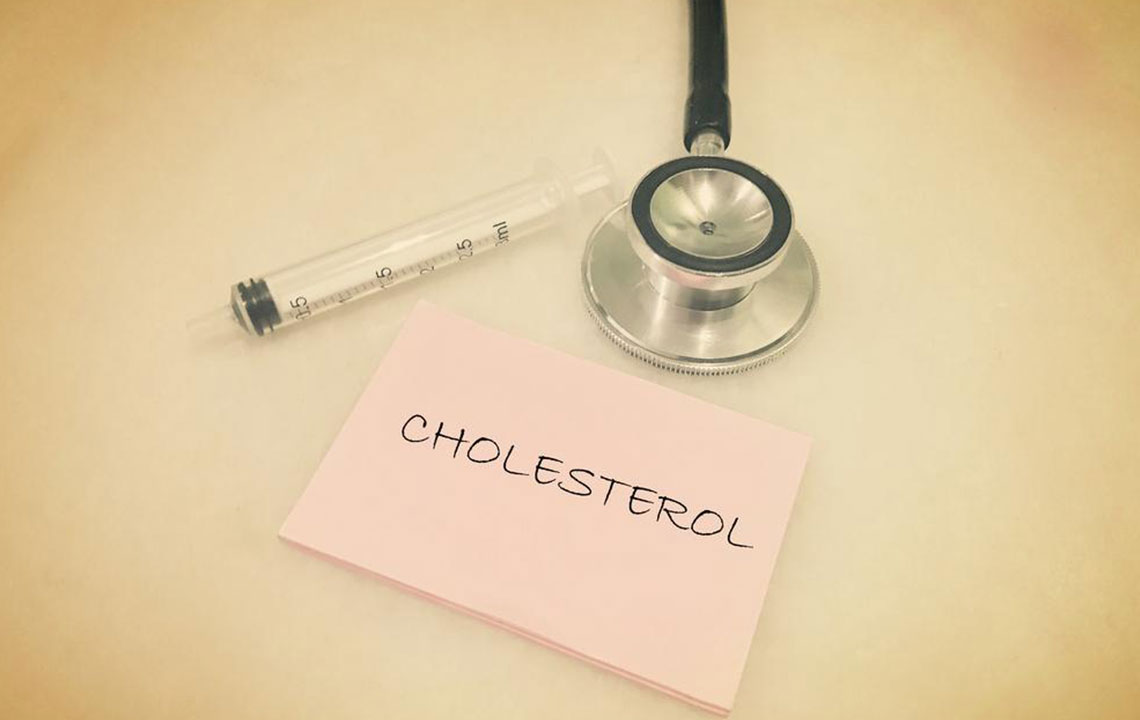Complete Guide to Heart Valve Disorders and Leading Surgeons
This comprehensive guide covers heart valve diseases, their causes, symptoms, treatment options, and top surgeons. It highlights the importance of early detection and expert medical care for managing valve-related heart conditions effectively. Learn about surgical procedures, recovery, and how leading hospitals and surgeons can help improve heart health and quality of life.

Understanding Heart Valve Conditions and Top Cardiac Surgeons
Heart valves are essential parts of the cardiovascular system, controlling blood flow within the heart. When these valves malfunction, serious health issues can arise, often requiring medical procedures to restore proper function. Knowing how heart valves work, common problems, causes, symptoms, and treatment options can help in early diagnosis and management.
Heart Valve Function
Located inside the heart chambers, heart valves are thin tissue flaps that open and close in sync with cardiac contractions. Their main role is to ensure unidirectional blood flow throughout the body. The four main valves include the aortic, mitral, pulmonary, and tricuspid valves.
Types of Heart Valve Disorders
Common issues affecting heart valves include regurgitation, where blood leaks backward due to improper closure; stenosis, which involves narrowing that hampers blood flow; and atresia, a condition where the valve is absent or completely closed, blocking circulation. The specific affected valve and problem type influence overall heart function.
Causes of Heart Valve Problems
Valvular heart disease can be congenital or acquired. Birth defects can result in faulty valve development or attachment issues. Infections like rheumatic fever, inflammatory conditions, or radiation therapy can also damage valves. Age-related changes, such as thickening and stiffening, alongside factors like coronary artery disease, heart attack damage, and high cholesterol, further contribute. Regular check-ups enable early detection and effective treatment planning, including possible surgery.
Symptoms to Watch For
Often unnoticed until advanced, heart valve issues may exhibit symptoms like chest pain, irregular or rapid heartbeat, shortness of breath, swelling in the abdomen, ankles, or feet due to fluid buildup, fatigue, dizziness, or weakness. Prompt medical attention is vital if these signs appear.
Treatment Approaches
For severely damaged valves, surgery may be necessary. Valve replacement is common, especially for aortic and mitral issues, involving biological or mechanical valves. Mechanical options last longer but require lifelong blood thinning therapy. Biological valves typically last up to 20 years and may need replacement over time.
Post-Surgery Recovery
Recovery usually entails a hospital stay of about a week, with careful monitoring of vital signs. Less invasive procedures can shorten this period. Full recovery may take several months, requiring adherence to medical guidance to prevent infections or complications. Immediate medical help is crucial if symptoms like fever or chest tenderness occur.
Top Surgeons and Medical Centers
Notable cardiac surgeons include Vaughn Starnes, Paul Stelzer, Eric Roselli, Gosta Pettersson, and Kevin Accola, recognized for their high success rates. Leading hospitals such as Cleveland Clinic, Mayo Clinic, Brigham and Women’s Hospital, and Johns Hopkins Hospital offer world-class cardiac care. Consulting multiple specialists helps determine the best treatment options tailored to individual needs.










